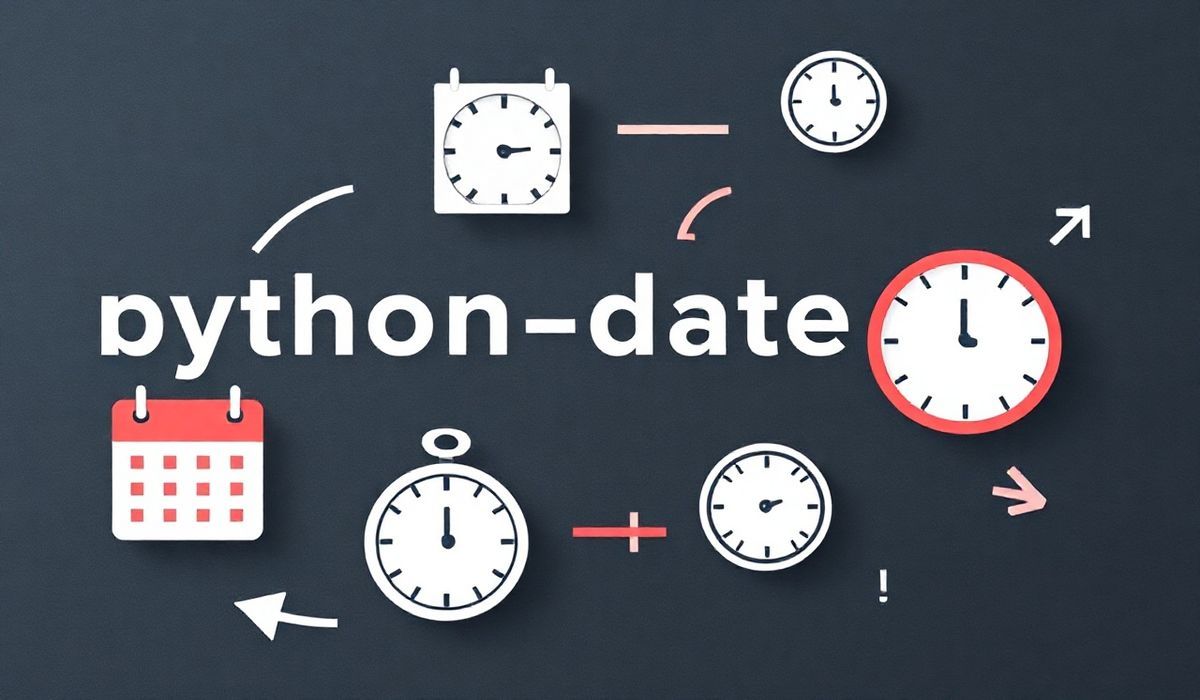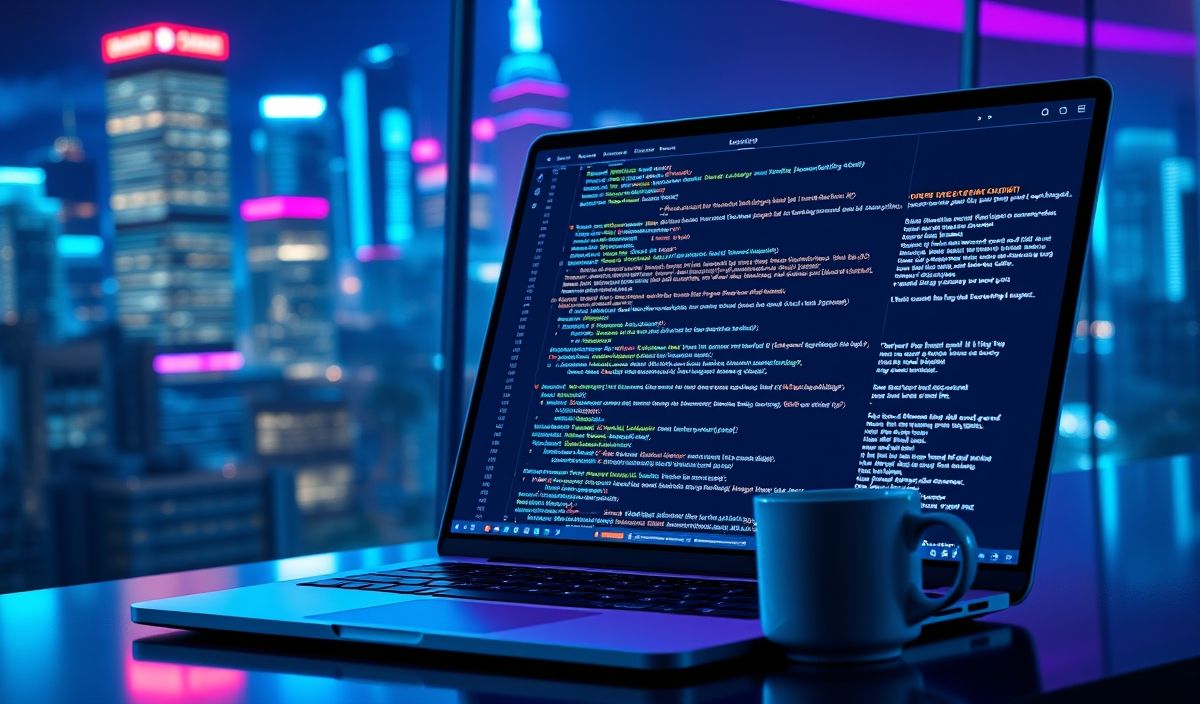Unlock the Power of python-dateutil: A Comprehensive Guide
The python-dateutil library is a powerful extension to Python’s standard datetime module. It allows easier date and time manipulations with features like relative date calculations, parsing date strings, handling time zones, and much more. In this article, we will explore dozens of useful APIs offered by python-dateutil, complete with code examples to help you master date and time operations in Python.
Getting Started with python-dateutil
Before we dive into the examples, let’s install the package. You can install it using pip:
pip install python-dateutil
1. Parsing Strings into datetime Objects
The dateutil.parser module makes it easy to parse a wide variety of date formats:
from dateutil.parser import parse
date = parse("2023-10-15")
print(date) # Output: 2023-10-15 00:00:00
date_with_time = parse("15 October 2023 08:45 PM")
print(date_with_time) # Output: 2023-10-15 20:45:00
2. Handling Relative Dates with relativedelta
The relativedelta class allows you to perform complex date arithmetic:
from dateutil.relativedelta import relativedelta from datetime import datetime # Current date today = datetime.now() # Add 2 months and subtract 5 days new_date = today + relativedelta(months=2, days=-5) print(new_date)
3. Generating Recurring Dates
Use the rrule module to create recurring events:
from dateutil.rrule import rrule, DAILY
# Generate a series of daily recurring dates
start_date = datetime(2023, 10, 1)
for date in rrule(DAILY, count=5, dtstart=start_date):
print(date)
4. Time Zone Handling with tz
The tz module simplifies timezone management:
from dateutil import tz # Define time zones local_tz = tz.tzlocal() utc_tz = tz.tzutc() # Convert a naive datetime to a timezone-aware datetime naive_datetime = datetime(2023, 10, 15, 12, 0, 0) aware_datetime = naive_datetime.replace(tzinfo=local_tz) # Convert timezone utc_datetime = aware_datetime.astimezone(utc_tz) print(utc_datetime)
5. App Example: Event Reminder Application
Let’s combine the above APIs to build a simple event reminder application:
from dateutil.parser import parse
from dateutil.relativedelta import relativedelta
from dateutil.rrule import rrule, HOURLY
from datetime import datetime
# Event Reminder
def schedule_reminders(event_date_str, reminder_interval_hours):
event_date = parse(event_date_str)
now = datetime.now()
if event_date <= now:
print("Event date must be in the future!")
return
print("Reminders scheduled:")
for dt in rrule(HOURLY, dtstart=now, until=event_date):
print(f"Reminder at: {dt}")
# User Input for Event
event_date_input = "2023-12-01 10:00:00"
schedule_reminders(event_date_input, reminder_interval_hours=1)
This application calculates reminders for an event based on user input and displays them until the event date.
Conclusion
The python-dateutil library is an indispensable tool for managing complex date and time operations with ease. Whether you're parsing date strings in multiple formats, working with recurring events, or handling time zones, python-dateutil has got you covered. Start integrating it into your projects today and experience the convenience!




